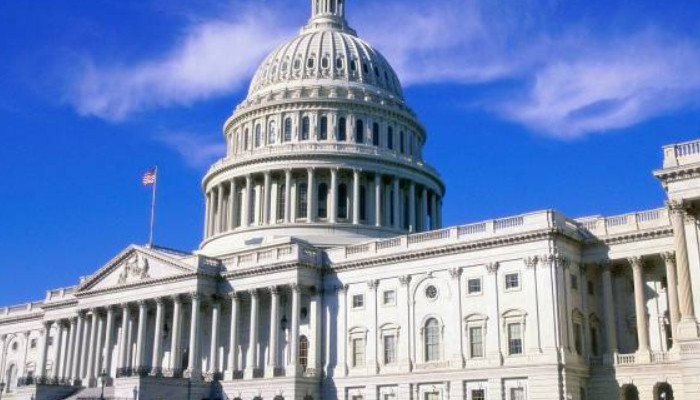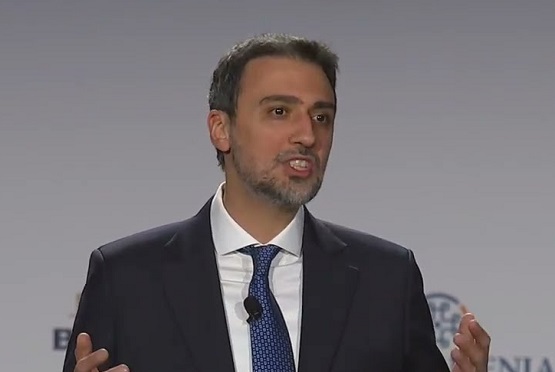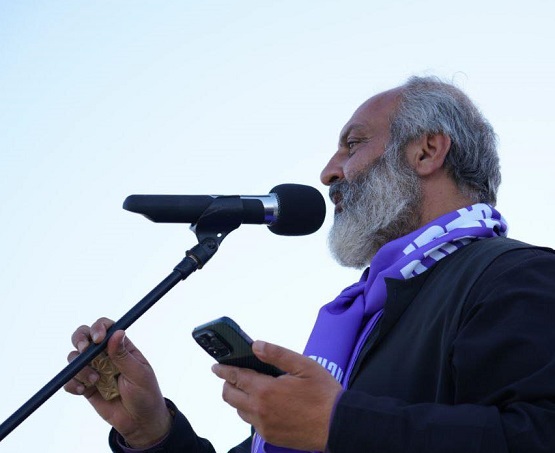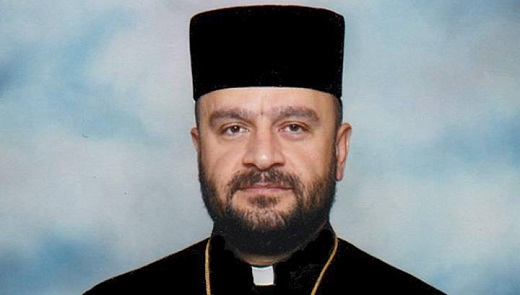The US Senate has passed S.Res.150 – the Armenian Genocide Resolution by unanimous concent.
The Armenian Genocide Resolution notes that the U.S. has, as early as 1951, officially recognized the Armenian Genocide through a filing with the International Court of Justice, followed by House legislation adopted in 1975, and 1984 and President Ronald Reagan’s Proclamation in 1984.
The resolution resolves that it is the policy of the United States to:
1) Commemorate the Armenian Genocide through official recognition and remembrance;
2) Reject efforts to enlist, engage, or otherwise associate the U.S. Government with denial of the Armenian Genocide or any other genocide; and
3) Encourage education and public understanding of the facts of the Armenian Genocide, including the U.S. role in the humanitarian relief effort, and the relevance of the Armenian Genocide to modern-day crimes against humanity.
For the fourth time today, Senator Robert Menendez (D-NJ) and Senator Ted Cruz (R-TX) issued a bipartisan call for Unanimous Consent for Senate Adoption of S.Res.150 – the Armenian Genocide Resolution. None of the Senators objected.
The previous attempts were blocked by Republican Senators.
The House of Representatives adopted a similar resolution on October 29.
The full text of the Senate Resolution is below:
Expressing the sense of the Senate that it is the policy of the United States to commemorate the Armenian Genocide through official recognition and remembrance.
Whereas the United States has a proud history of recognizing and condemning the Armenian Genocide, the killing of an estimated 1,500,000 Armenians by the Ottoman Empire from 1915 to 1923, and providing relief to the survivors of the campaign of genocide against Armenians, Greeks, Assyrians, Chaldeans, Syriacs, Arameans, Maronites, and other Christians;
Whereas the Honorable Henry Morgenthau, Sr., United States Ambassador to the Ottoman Empire from 1913 to 1916, organized and led protests by officials of many countries against what he described as “a campaign of race extermination,” and, on July 16, 1915, was instructed by United States Secretary of State Robert Lansing that the “Department approves your procedure … to stop Armenian persecution”;
Whereas President Woodrow Wilson encouraged the formation of Near East Relief, chartered by an Act of Congress, which raised approximately $116,000,000 (more than $2,500,000,000 in 2019 dollars) between 1915 and 1930, and the Senate adopted resolutions condemning the massacres;
Whereas Raphael Lemkin, who coined the term “genocide” in 1944 and who was the earliest proponent of the United Nations Convention on the Prevention and Punishment of the Crime of Genocide, invoked the Armenian case as a definitive example of genocide in the 20th century;
Whereas, as displayed in the United States Holocaust Memorial Museum, Adolf Hitler, on ordering his military commanders to attack Poland without provocation in 1939, dismissed objections by saying, “Who, after all, speaks today of the annihilation of the Armenians?”, setting the stage for the Holocaust;
Whereas the United States has officially recognized the Armenian Genocide
(1) through the May 28, 1951, written statement of the United States Government to the International Court of Justice regarding the Convention on the Prevention and Punishment of the Crime of Genocide and Proclamation No. 4838 issued by President Ronald Reagan on April 22, 1981; and
(2) by House Joint Resolution 148, 94th Congress, agreed to April 8, 1975, and House Joint Resolution 247, 98th Congress, agreed to September 10, 1984; and
Whereas the Elie Wiesel Genocide and Atrocities Prevention Act of 2018 establishes that the prevention of atrocities is a national interest of the United States and affirms that it is the policy of the United States to pursue a United States Government-wide strategy to identify, prevent, and respond to the risk of atrocities by “strengthening diplomatic response and the effective use of foreign assistance to support appropriate transitional justice measures, including criminal accountability, for past atrocities”: Now, therefore, be it
Resolved, That it is the sense of the Senate that it is the policy of the United States—
(1) to commemorate the Armenian Genocide through official recognition and remembrance;
(2) to reject efforts to enlist, engage, or otherwise associate the United States Government with denial of the Armenian Genocide or any other genocide; and
(3) to encourage education and public understanding of the facts of the Armenian Genocide, including the role of the United States in humanitarian relief efforts, and the relevance of the Armenian Genocide to modern-day crimes against humanity.











